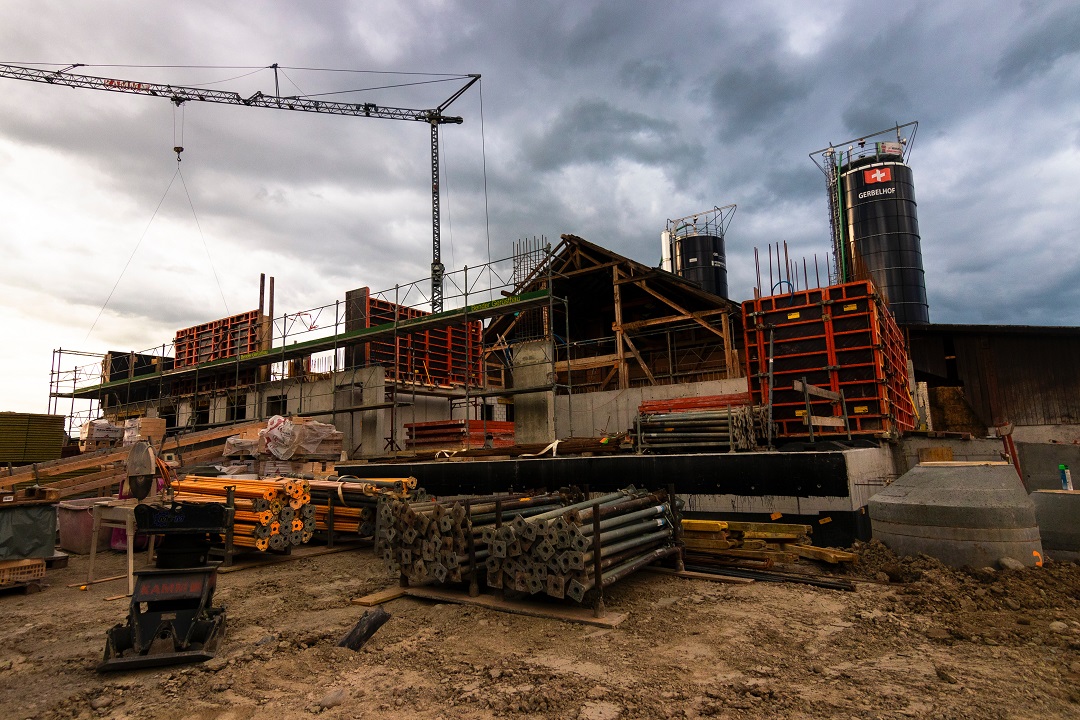What are the construction chemicals?
What are the Construction Chemicals? The Construction Chemicals are the main role in the construction company. In the world of construction, the use of construction chemicals plays a pivotal role in ensuring the durability, strength, and longevity of various building components. These chemicals are essential additives that are mixed with construction materials to enhance their performance. In this article, we will explore what construction chemicals are, their role in slab construction, the main chemicals used in concrete, and the best chemical choices for concrete projects.
What Are the Construction Chemicals?

What are the Construction Chemicals? Construction chemicals, often referred to as construction or building additives, are substances specifically designed to improve the properties of construction materials. These materials encompass a wide range of products, from concrete and cement to mortar, grout, and even asphalt. Construction chemicals are carefully formulated to enhance the strength, workability, and durability of these materials, ultimately resulting in superior construction projects.
Chemicals Used in Slab Construction
Slab construction is a common practice in building foundations, pavements, and flooring. To ensure the stability and longevity of these structures, several construction chemicals are employed:
Concrete Admixtures:
Concrete Admixture is a primary component in slab construction, and chemical admixtures are often added to improve its characteristics. These admixtures can include plasticizers, superplasticizers, accelerators, and retarders. Plasticizers enhance workability, superplasticizers improve flow and reduce water content, accelerators speed up the curing process, and retarders delay the setting time, making it easier to work with the concrete.
Waterproofing Compounds:
Slab construction, especially in areas prone to moisture and water penetration, requires waterproofing solutions. Chemicals like crystalline waterproofing agents and liquid membrane systems create a barrier that prevents water from seeping into the slab, thereby safeguarding it against erosion and damage.
Bonding Agents:
Bonding agents are used to enhance the adhesion between existing and new concrete layers. This is crucial for slab construction repairs or extensions. Epoxy-based bonding agents are commonly used for their superior bonding properties.
Curing Compounds:
After pouring concrete for a slab, it’s important to ensure proper curing to prevent cracking and enhance strength. Curing compounds, often in liquid form, are applied to the surface to retain moisture and promote optimal curing conditions.
What Are the Main Construction Chemicals in Concrete
The main Chemicals In Concrete: Concrete is the backbone of most construction projects, and its composition involves a variety of chemicals:
-
Cement: The primary binding agent in concrete is cement, typically Portland cement. It reacts with water to form a solid matrix that holds the aggregate particles together.
-
Aggregates: Aggregates, including sand, gravel, and crushed stone, provide bulk and stability to the concrete mix.
-
Water: Water activates the cement and facilitates the chemical reactions necessary for concrete to harden.
-
Admixtures: As mentioned earlier, admixtures such as plasticizers, superplasticizers, accelerators, and retarders are added to enhance specific properties of the concrete mix.
The Best Construction Chemicals for Concrete
The choice of the best construction chemical for concrete largely depends on the specific requirements of the project. Here are some considerations:
-
Strength and Durability: If your goal is to maximize the strength and durability of the concrete, consider using high-performance concrete admixtures. These can include silica fume, fly ash, or even specialty admixtures designed for extreme conditions.
-
Workability: For projects that require excellent workability and flow, superplasticizers can be a great choice. They reduce water content while maintaining workability, making it easier to place and finish the concrete.
-
Quick Setting: When time is of the essence, accelerators are invaluable. They speed up the curing process, allowing for quicker project completion.
-
Retardation: In cases where you need more time to work with the concrete or require a controlled setting, retarders are the go-to option.
In conclusion, construction chemicals are essential components in the construction industry, enhancing the quality and performance of various construction materials. Whether you’re involved in slab construction or working with concrete, understanding the role of these chemicals and choosing the right ones for your project is crucial for achieving superior results.
Do you want to know about What are the construction chemicals? So, For more information and in-depth insights into construction chemicals, you can visit our comprehensive solutions on Construction Chemicals.
By making informed choices regarding construction chemicals, you can ensure that your construction projects stand the test of time, providing safety and reliability for years to come.
